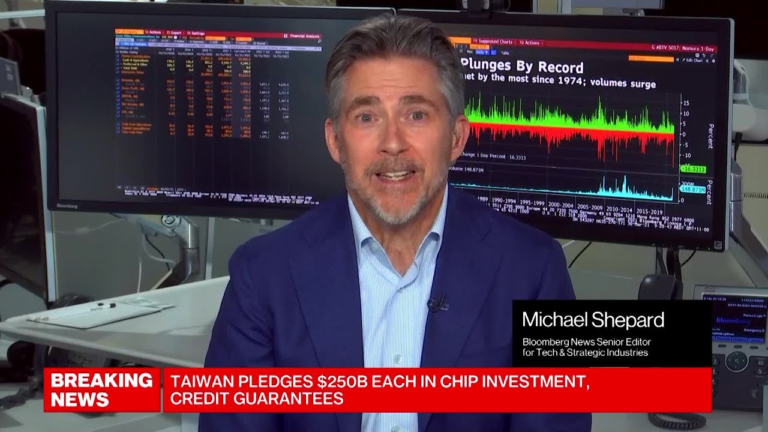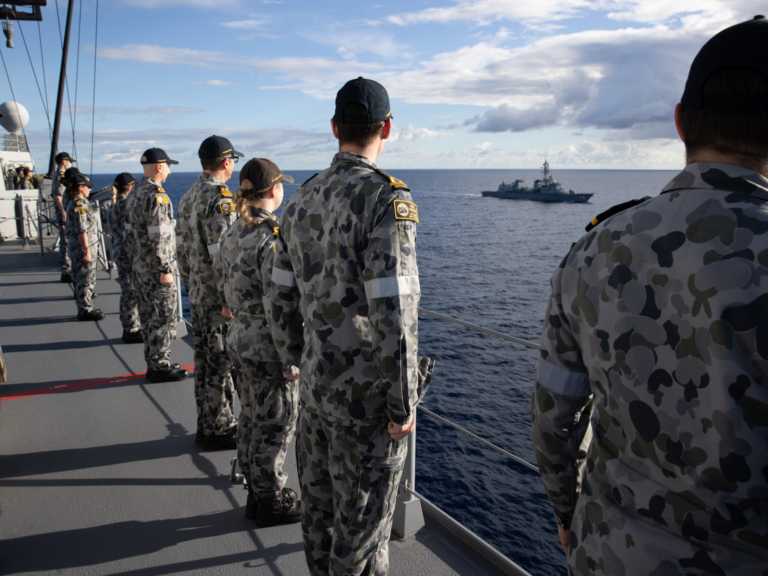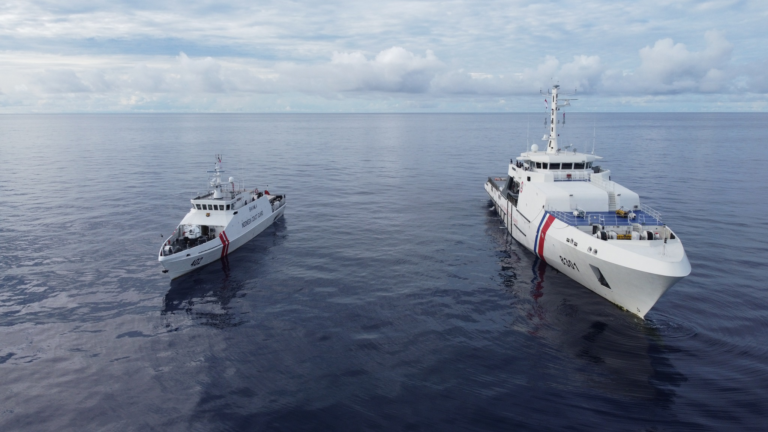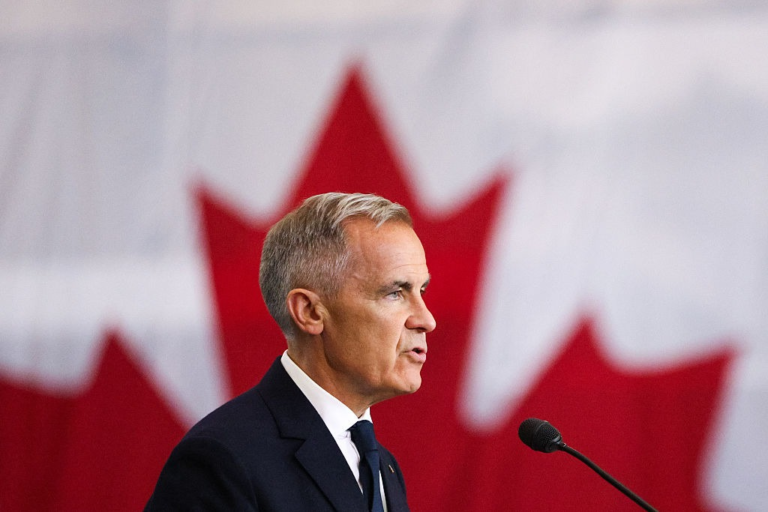
The visit reaffirmed CFC’s enduring role as the heart of the Alliance, where ROK and U.S. forces train, plan, and operate together to defend the homelands of the U.S. and ROK. Gen. Xavier T. Brunson, Commander of United Nations Command, Combined Forces Command, and U.S. Forces Korea, welcomed the Minister and provided an operational update on UFS 25. While on site, Minister Ahn toured the Theater Operations Center, which commands and controls combined operations across all domains in defense of the ROK. He met with ROK and U.S. service members, thanked them for their professionalism, and emphasized the importance of alliance readiness in safeguarding peace on the Korean Peninsula.
“Ulchi Freedom Shield 25 is our premier exercise, a critical demonstration of the enduring strength of the U.S.-ROK Alliance and our commitment to peace and stability on the Korean Peninsula,” Brunson said. “UFS is a defensive exercise designed to enhance our readiness, stress-test our combined capabilities, and build seamless interoperability with our ally and UNC. There is no substitute for being ready, and our ability to fight tonight and deter aggression is directly grounded in how we train today.
Minister Ahn’s visit was attended by senior leaders from the ROK Ministry of National Defense, U.S. Embassy in Seoul, United Nations Command, Combined Forces Command, and U.S. Forces Korea. As UNC celebrates its 75th anniversary, UNC member states are contributing to the UFS exercise.
UFS 25, held Aug. 18-28, is a defense-oriented, combined, joint, all-domain, and interagency exercise designed to strengthen the ROK-U.S. Alliance’s ability to deter and, if necessary, defeat aggression. The training features live-fire, constructive, and field components, integrating ground, air, naval, space, and cyber capabilities to address evolving security challenges in the region.
UFS 25 is conducted under the spirit of the Oct. 1, 1953, ROK-U.S. Mutual Defense Treaty, in support of the Armistice Agreement. It underscores the Alliance’s ironclad commitment to defend both nations’ homelands and reinforces its role as the linchpin for regional peace and security. The Neutral Nations Supervisory Commission conducts third-party observations of the exercise to assess the defensive and deterrent nature of the training.





